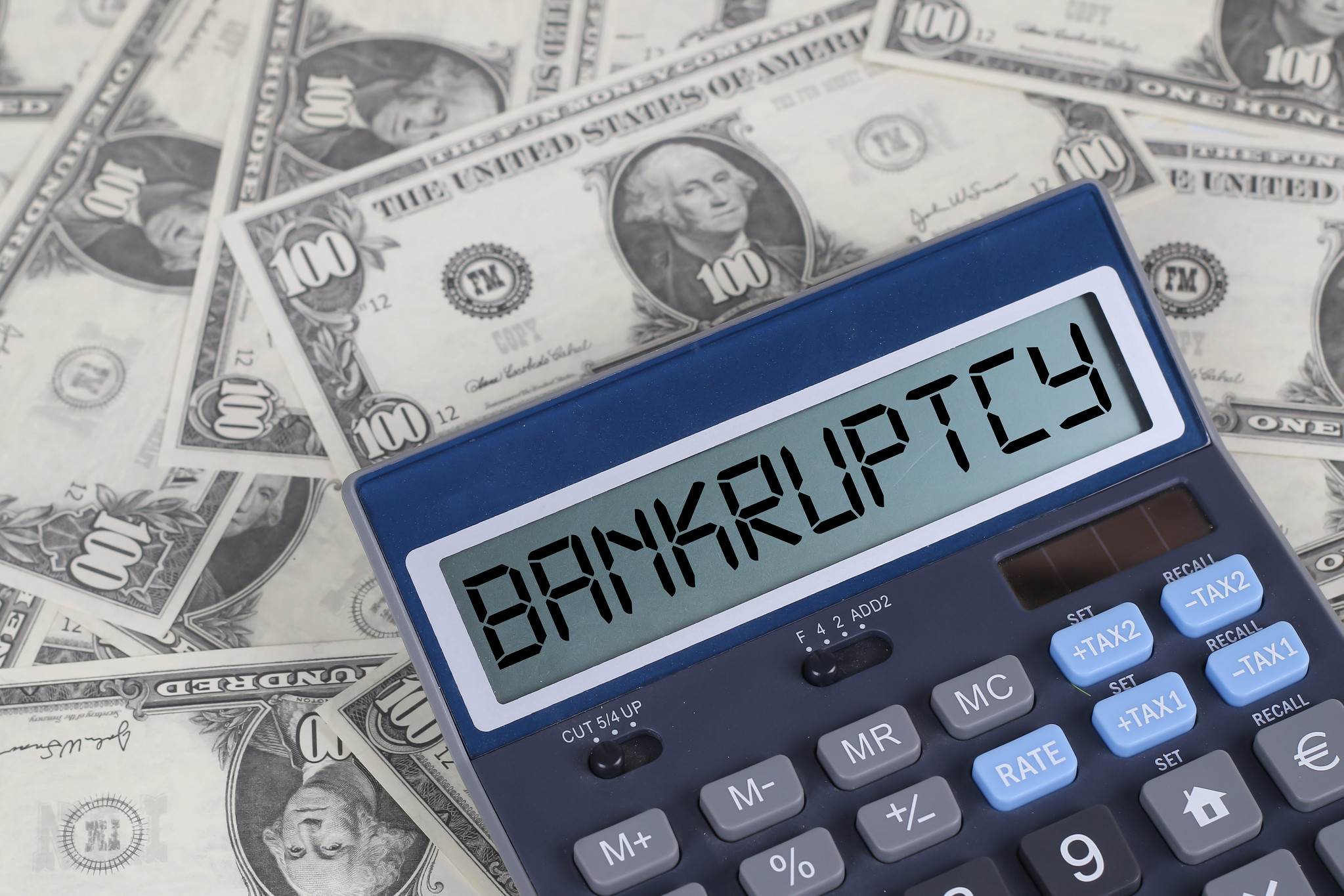Naturally, you can also safeguard a considerable chunk of your private assets, including household furnishings, clothes, books, appliances, household goods, animals, etc.
Charlotte, NC – Across the country, everyone seems to be filing for bankruptcy. From international franchise Burger King to cryptocurrency miner Core Scientific, businesses everywhere are taking a dive into the steep financial climate we’re living through.
And yet, it comes as a surprise to many lawyers that a lot of people considering bankruptcy don’t know the first thing about it. Before filing for bankruptcy, either as an individual or a business entity, it’s important to understand the specific state rules regarding it.
While bankruptcy courts are governed by federal law, the state of North Carolina does make its own impositions on the subject. One of the matters determined by the state is the list of bankruptcy exemptions.
What is an exemption?
When filing for Chapter 7 bankruptcy, you’re opening your financial assets to the state. That means that, in some cases, court-appointed bankruptcy administrators (aka “trustees”) will be able to sell off your property, in order to pay off outstanding debts, loans, and other such.
However, North Carolina offers a list of exemptions – property that the trustees can not touch, even after you file for bankruptcy. If you’re curious about how you can save as much of your property as possible, it’s best to contact skilled Charlotte bankruptcy lawyers.
Find below some general bankruptcy exemptions.
Homestead Exemption
North Carolina offers a generous real estate exemption of up to $35,000 in equity on your main residence. Homestead exemptions can also be applied to burial plots, as per NC law.
For homeowners over the age of 65, the homestead exemption rises to a whopping $60,000, provided you meet a few criteria:
- Your spouse is deceased;
- The property was previously owned by the debtor either as tenant by the entirety or as a joint tenant (with survivorship rights).
As in most other states, the homestead exemption can be doubled to $70,000, if filing as a couple. While homestead exemption filing is automatic in this state, you’ll still want the advice of qualified North Carolina bankruptcy lawyers before initiating anything.
Motor Vehicle Exemption
The state also offers a generous $35,000 exemption on motor vehicles. However, be warned this does not apply if the vehicle was purchased less than 90 days before filing.
Household Exemptions

Naturally, you can also safeguard a considerable chunk of your private assets, including household furnishings, clothes, books, appliances, household goods, animals, etc.
You can protect up to $ 5,000 worth of items, however, with the same provision as above (they can’t have been purchased less than 90 days before filing).
College Savings & Other Funds
College savings can be protected up to $25,000, while most retirement and pension plans are automatically exempt from the bankruptcy court. However, check with your Charlotte bankruptcy lawyers, if you’re concerned about a personal fund.
Wildcard Exemption
Finally, the “wildcard exemption” allows debtors to protect any property they wish, with a value of up to $5,000. However, you will have to take the funds out of your homestead/burial plot exemption. So any unused funds from that can be used as a wildcard exemption, with the state of North Carolina throwing in an extra $500.
Still unsure about what you want to save? Consult with specialized lawyers today and educate yourself about .


Join the conversation!